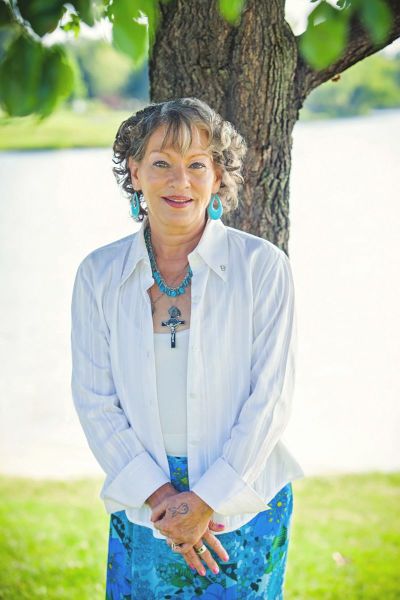Christian Woman Ordered by Cops to Stop Praying in Her Home Loses in Court

The United States Tenth Circuit Court of Appeals has ruled against a Kansas Catholic woman who claims that she was ordered by police to stop praying in her own home.
On Tuesday, the three-judge panel voted to uphold a judge's dismissal of Mary Anne Sause's lawsuit against two Louisburg officers, who she said demanded to be allowed into her home and wouldn't tell her why they were there. She alleged that when she began praying, the officers, who were there because of a noise complaint, ordered her to stop.
An opinion written by Judge Nancy Moritz states that the court assumes that "the defendants violated Sause's rights under the First Amendment" by repeatedly mocking her, ordering her to stop praying "so they could harass her," insisting that she reveal scars from a double mastectomy and threatening her with arrest.
"But this assumption doesn't entitle Sause to relief. Instead, Sause must demonstrate that any reasonable officer would have known this behavior violated the First Amendment," the judge argued, citing the 2011 Supreme Court ruling in Ashcroft v. al–Kidd, which asserts that the former U.S. attorney general could not be personally sued for the jailing of a U.S. citizen after the events of September 11, 2001.
"But while the conduct alleged in this case may be obviously unprofessional, we can't say that it's 'obviously unlawful,'" the judge added. "It certainly wouldn't be obvious to a reasonable officer that, in the midst of a legitimate investigation, the First Amendment would prohibit him or her from ordering the subject of that investigation to stand up and direct his or her attention to the officer — even if the subject of the investigation is involved in religiously-motivated conduct at the time, and even if what the officers say or do immediately after issuing that command does nothing to further their investigation."
First Liberty Institute Deputy General Counsel Jeremy Dys, who represents Sause, said in a statement that the court's "harsh criticism of the officers' conduct in this case supports our First Amendment claim."
"No one should face the prospect of being arrested for praying in their own home," Dys said.
The First Liberty Institute said in a press release that the government defended the police officers by arguing that the Free Exercise Clause of the First Amendment only "protects an individual's right to choose a religion." Sause's attorneys argued that the government's argument misconstrues the fact that the First Amendment protects the right to exercise faith.
"While Ms. Sause's appeal was ultimately unsuccessful, the court stated clearly that Sause's First Amendment rights may have been violated, but the legal doctrine of qualified immunity shields the officers from any liability," First Liberty Institute stated. "The concurring opinion condemned the police officers' 'extraordinary contempt of a law abiding citizen.'"
No indication was given if Sause will file an appeal with the Supreme Court.




























